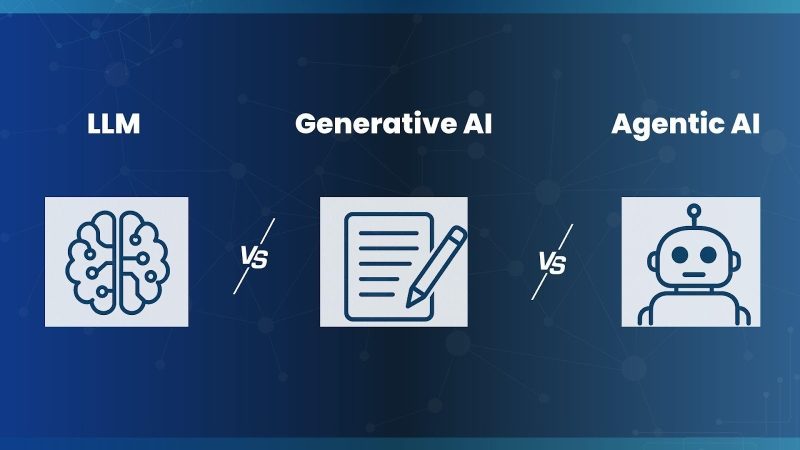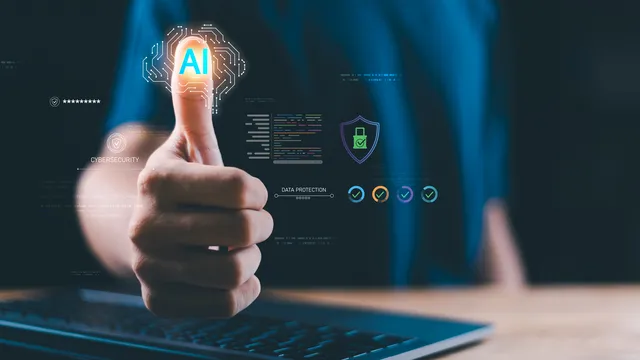Exploring the Innovative Ways Tech Is Changing Healthcare

Technology is revolutionizing healthcare in ways that were unimaginable even a few decades ago. With the help of artificial intelligence, big data, and innovative digital solutions, healthcare providers are now able to provide better, faster, and more personalized care than ever before. From virtual doctors’ visits to remote monitoring of chronic conditions and robotic surgery, technology is transforming how healthcare is delivered.
By leveraging new technologies, healthcare providers are able to reduce costs, improve patient outcomes, and create more efficient systems. In this article, we’ll explore some of the most innovative ways technology is revolutionizing healthcare and why it’s so important for healthcare providers to stay ahead of the curve.
Benefits of technology in healthcare
There are many tangible benefits of technology in healthcare. Modern technology assists healthcare providers in keeping track of their patient’s care and helping them stay healthy. Medical devices like insulin pumps and pacemakers can now send alerts to patients’ phones when the dose is due. Everything from medical records to pharmacy records is now digital, which allows for better oversight and a more streamlined experience for patients. With the help of artificial intelligence, healthcare providers are also able to provide more personalized care to patients. Through virtual visits and virtual care, patients can stay engaged with their health care while also reducing travel time, costs, and stress. By leveraging technology, healthcare providers are able to reduce costs, streamline processes, and improve outcomes.
Examples of Innovative Healthcare Technology:
Artificial Intelligence in Healthcare
With artificial intelligence, healthcare providers can now perform quick diagnoses and offer patients more personalized care. AI can now also help providers manage their practices more efficiently, helping them to focus on the most pressing tasks and avoid duplicate efforts. With AI, healthcare providers are also now able to implement more streamlined processes like electronic medical records. With these records, providers can now access their medical information from anywhere and also share information with caregivers and other healthcare providers, eliminating paper records. By using AI and digital solutions, providers can also improve data security and control, enabling them to keep their information safe from outside threats.
Also Read: What Are the Advantages of Blockchain in the Field of Healthcare?
Big Data and Analytics in Healthcare
With the help of big data, healthcare providers are now able to find better ways to analyze their data to make better decisions. With better data analysis, providers are now able to identify patterns in patient behavior so that they can offer more personalized care. In addition, better data analysis means healthcare providers are now able to create better tools for patients, like digital tools that help patients manage their health.
Remote Monitoring Technology
Providers can now monitor their patient’s health remotely with the help of remote patient monitoring companies. Their technology can monitor a patient’s health remotely with the help of sensors that send data back to a cloud system, which means patients don’t have to go to the doctor’s office to get checked. The benefits of remote monitoring can include improved patient outcomes, reduced costs, and the comfort of being at home. Remote monitoring has also been shown to reduce the time it takes to get specialists involved in care, improving overall outcomes.
Robotic Surgery
Surgeries have been performed by robots for more than a decade, but they’ve only recently been used in major procedures. Robotic surgery has been used in small procedures like gallbladder removal and hormone injections, but now many providers are beginning to see the potential of using it for major surgeries like heart surgeries and hip and knee replacements. This is thanks to advances in technology like 3D printing that have allowed surgeons to design better models and create custom surgical tools.
Virtual Reality in Healthcare
VR technology is quickly becoming a must-have in healthcare environments. From remote monitoring to treatment, VR is already being used to improve patient outcomes. With VR, providers can now offer virtual visits to patients in the comfort of their own homes. VR allows providers to interact with patients more easily, like in the case of remote monitoring. VR can help providers stay informed on patient status while also giving patients a sense of being in a doctor’s office.
The Importance of Staying Ahead of the Curve
While the benefits of technology in healthcare are clear, it’s important for providers to stay ahead of the curve and leverage new technologies as they emerge. Using the right technology at the right time can help providers improve efficiency and deliver personalized care to patients. By using artificial intelligence and big data, for example, providers can now find better ways to analyze their data, allowing them to see patterns in patient behavior and offer more personalized care. Now more than ever, technology offers a lot of potential for providers. The key, however, is to be proactive and take advantage of new technology as it emerges.
Also Read: The Benefits of Cloud-Based Solutions in Healthcare Software Development
Conclusion
Technology is revolutionizing healthcare in ways that no one could have ever imagined. With the implementation of robotics in major surgeries, remote patient monitoring, artificial intelligence, data analytics, and even more, healthcare is not what it used to be. Patients and doctors alike are reaping the benefits that technology has to offer, waiting for what comes next.






